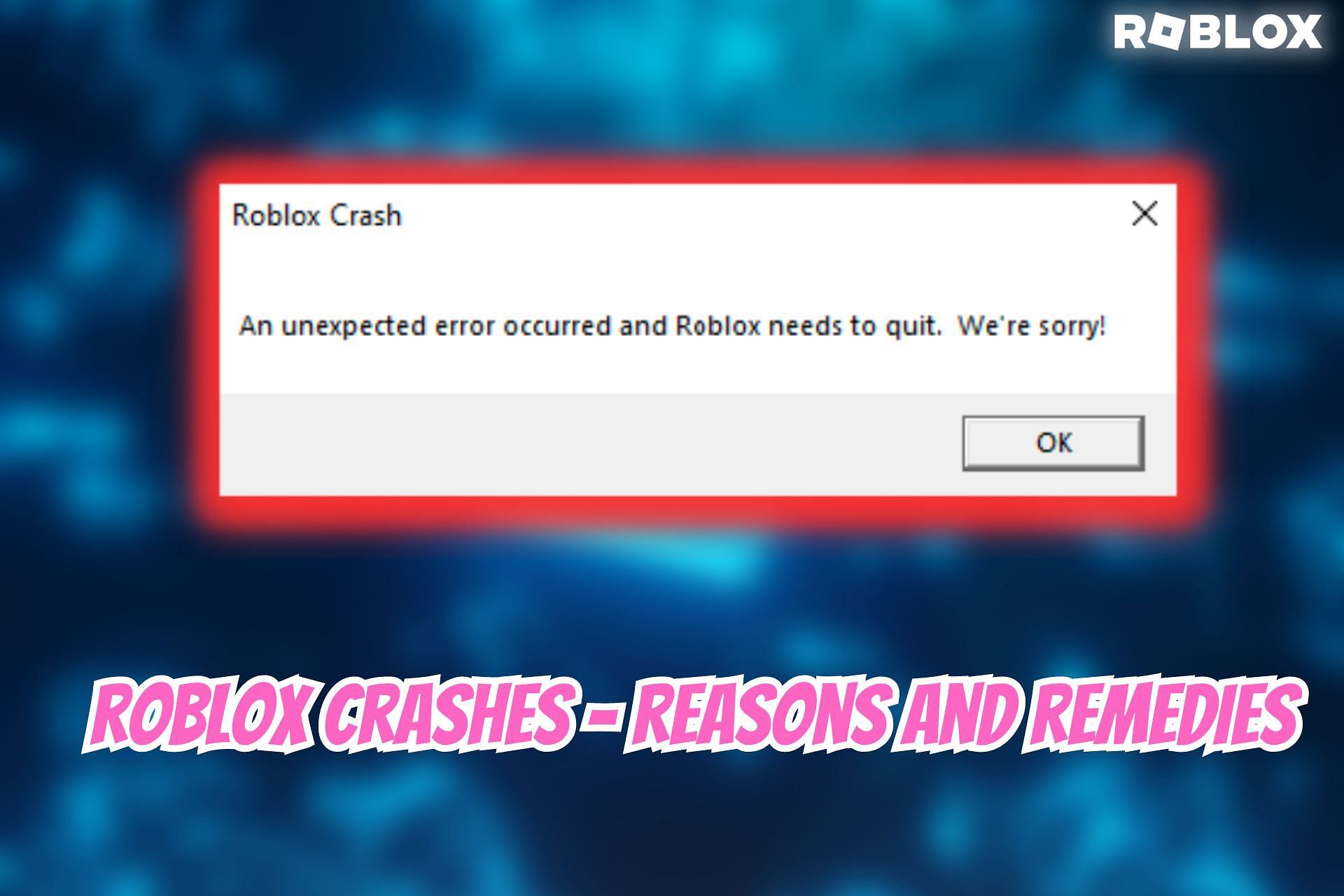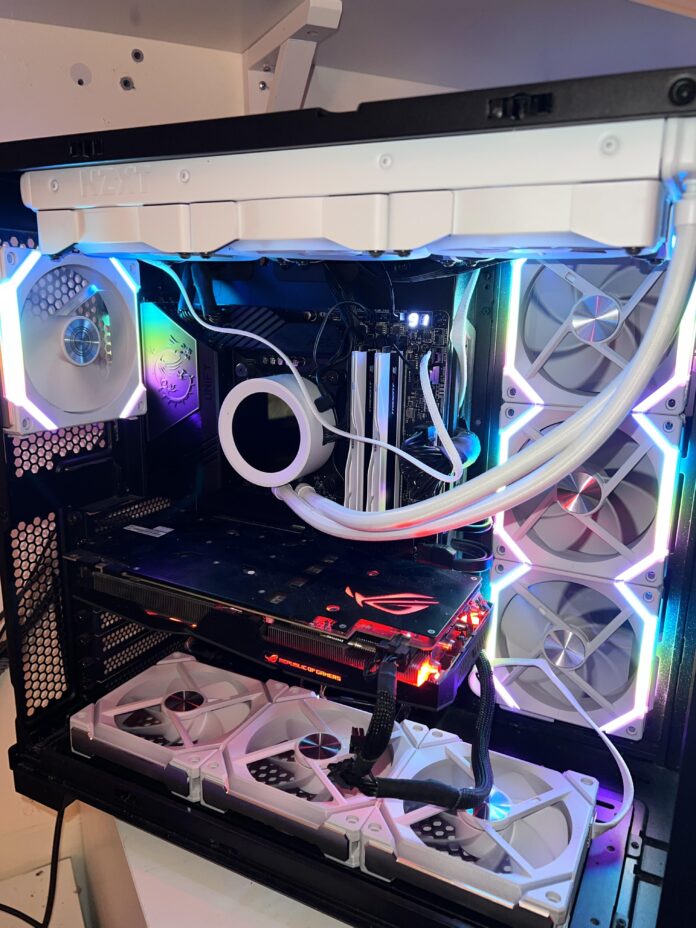Graphics card crashes can often result from overheating, outdated drivers, or hardware failure. A faulty power supply, insufficient RAM, or dust accumulation can also lead to these issues.
Understanding the causes behind a graphics card crash is crucial for any PC user eager to maintain an optimal gaming or graphic-intensive work experience. Your computer’s graphics card is a powerhouse for rendering images and processing video data, playing a vital role in your system’s performance.
Whether you’re dealing with advanced 3D applications or everyday media consumption, the health of your graphics card can’t be ignored. Identifying and addressing issues promptly can save you from persistent crashes and potential hardware damage. Regular updates, proper cooling, and system maintenance go a long way in preventing unexpected downtime due to graphics card failures. Keep your drivers up-to-date, ensure adequate airflow in your PC case, and be vigilant about strange artifacts or performance drops that may signal the need for a closer look at your graphics card’s well-being.

Credit: www.reddit.com
Common Causes Behind Graphics Card Crashes
Experiencing graphics card crashes can be frustrating for any computer user. A smooth-running graphics card is crucial for an optimal experience, whether you’re gaming, designing, or simply streaming your favorite show. Understanding the root causes of these crashes is the first step to fixing and preventing them.
Heat Build-up And Thermal Throttling
Overheating is a primary suspect in the case of graphics card crashes. Graphics cards work hard and generate heat. Without effective cooling, temperatures rise, leading to thermal throttling and potential crashes. Keep systems cool with these strategies:
- Clean the fans and air filters regularly to improve airflow.
- Check if the thermal paste needs reapplication for better heat conduction.
- Ensure proper case ventilation and consider adding more cooling fans.
Driver Issues And Software Conflicts
Out-of-date or corrupt drivers spell trouble. They cause miscommunications between your system and the graphics card. Prevent software-related crashes with these tips:
- Update drivers regularly from the card manufacturer’s website.
- Perform a clean install of drivers to remove any corrupted data.
- Avoid running conflicting programs that can lead to software crashes.
Power Supply Inadequacies
A stable power supply is vital for a graphics card’s performance. Insufficient power results in sudden crashes. To ensure your card gets the power it needs:
| Checklist | Action |
|---|---|
| Power Supply Unit (PSU) Capacity | Upgrade to a PSU that meets or exceeds the wattage requirements of your card. |
| Cable Connections | Securely connect all power cables from the PSU to the graphics card. |
| PSU Health | Replace old or malfunctioning PSUs to avoid inconsistent power delivery. |

Credit: www.sportskeeda.com
Early Warning Signs Of Impending Crashes
Early Warning Signs of Impending Crashes can alert you to potential issues with your graphics card before a full system meltdown occurs. Understanding these signs not only prevents data loss but also saves you from unexpected interruptions during critical tasks. Let’s look at some of these red flags to keep your system running smoothly.
Screen Glitches And Artifacts
One of the first telltale signs is the appearance of screen glitches and artifacts. These are unusual visual occurrences that should not be ignored. Pay attention to:
- Random shapes or lines on the screen
- Incorrect color displays
- Flickering or blinking effects
Such anomalies often suggest your graphics card struggles to render visuals correctly.
Performance Hiccups And Stuttering
Even before a crash, your system might exhibit performance hiccups and stuttering. This includes:
- Frame rate drops
- Games and videos pausing unexpectedly
- Slow rendering of graphics-intensive tasks
These issues indicate that the card is overburdened or failing.
Frequent Error Messages
Frequent error messages related to your graphics card can pop up when you least expect. Look out for:
- Driver failure notifications
- Warnings about graphics hardware
- Messages about insufficient graphics memory
If such warnings become common, your graphics card may be nearing its end.
Steps To Diagnose The Problem
Graphics card crashes can be frustrating and confusing. Identifying the root cause is crucial to finding a solution. The following steps provide a clear guide to troubleshoot the issue efficiently.
Monitoring Your Gpu Temperature
Overheating often leads to graphics card crashes. Use software to monitor temperatures in real-time. Significant spikes during gameplay or heavy usage indicate cooling issues.
- Install a GPU temperature monitoring tool.
- Record temperatures during different tasks.
- Compare with your card’s safe operational limits.
Checking For Driver Updates
Out-of-date drivers may cause instability. Ensure you have the latest driver installed for optimal performance.
- Visit your graphics card manufacturer’s website.
- Locate the drivers section.
- Download and install the newest driver compatible with your GPU.
Testing With Benchmarking Tools
Benchmarking tools stress-test your GPU under controlled conditions. These results help determine if your card performs as expected.
- Choose a reliable benchmarking tool.
- Run standard tests to gauge performance.
- Analyze the results for any anomalies.

Credit: www.reddit.com
Solving Hardware-related Issues
Addressing Software And Driver Concerns
Experiencing crashes with your graphics card can be frustrating. Often, the issue lies in the software and drivers that enable your graphics card to run smoothly. Ensuring that these components are up-to-date and functioning correctly is crucial. Let’s dive into how you can resolve these concerns effectively.
Performing A Clean Driver Installation
To eliminate driver-related issues, performing a clean driver installation is essential. This process removes all previous driver files and settings. You get a fresh start that can often fix persistent crashes. Follow these steps:
- Download the latest graphics card driver from the manufacturer’s website.
- Use a dedicated software uninstaller or the device manager to remove the existing driver.
- Restart your computer and install the newly downloaded driver.
- Restart again to apply all changes.
Rolling Back To Stable Driver Versions
Sometimes, new drivers can introduce issues. In such cases, rolling back to a previous stable version may resolve crashing problems. Here’s how to do it:
- Open the device manager and locate your graphics card.
- Right-click and choose ‘Properties’, then go to the ‘Driver’ tab.
- Click ‘Roll Back Driver’ and follow the prompts.
- Restart your computer after the rollback completes.
Conflict Resolution With Other Software
Conflicts with other software can also cause graphics card crashes. To tackle this:
- Check for software that may interfere with your graphics card’s operation.
- Update all software to their latest versions.
- Close unnecessary applications while running graphics-intensive tasks.
- Use system monitoring tools to identify software conflicts.
Troubleshooting software and driver issues is often a successful method to stop graphics card crashes. Stay proactive to maintain system stability and performance.
Prevent Future Crashes With Best Practices
Graphics card crashes can disrupt your gaming or creative work. Follow these best practices to reduce crashes and enhance performance.
Regular System Maintenance Routines
Keep your graphics card in check with routine maintenance. It ensures long-lasting performance.
- Clean dust from your computer regularly.
- Run diagnostic checks to spot issues early.
- Ensure adequate ventilation to cool system components.
Being Mindful Of Overclocking
Overclocking boosts performance but increases risk. Keep your hardware safe with mindful overclocking.
- Only overclock if you understand the risks.
- Use trusted software for managing overclock settings.
- Monitor temperatures to prevent overheating.
Updating System Components Responsibly
Outdated drivers cause instability. Keep your system updated for smooth operation.
- Identify graphics card model and manufacturer.
- Visit official sites for the latest driver updates.
- Install updates following correct procedures.
Frequently Asked Questions For Why Does My Graphics Card Keep Crashing
Why Is My Graphics Card Randomly Crashing?
Your graphics card may crash due to outdated drivers, overheating, insufficient power supply, hardware malfunctions, or incompatible software. Ensure regular driver updates, adequate cooling, stable power, and system compatibility to reduce crashes.
How Do I Know If My Gpu Is Failing?
Common signs of a failing GPU include visual glitches, frequent crashes, and unusual noises. If your games unexpectedly freeze or your screen displays artifacts or discolored lines, your GPU might be failing. Monitor your GPU’s temperature and performance to confirm.
Can A Faulty Gpu Cause Games To Crash?
Yes, a faulty GPU can cause games to crash. It may produce instability during graphically intense activities, leading to game crashes.
Why Does My Gpu Stop Working Randomly?
Your GPU may stop working due to overheating, driver issues, power supply problems, or hardware failure. Regular maintenance and driver updates can help prevent this.
Conclusion
Experiencing frequent graphics card crashes can be deeply frustrating. It disrupts gameplay, design work, and any GPU-intensive task. This post aimed to shed light on common causes and solutions. Remember, regular maintenance and updates are key. Seek professional help for persistent issues, and keep your system running smoothly for an optimal computing experience.





